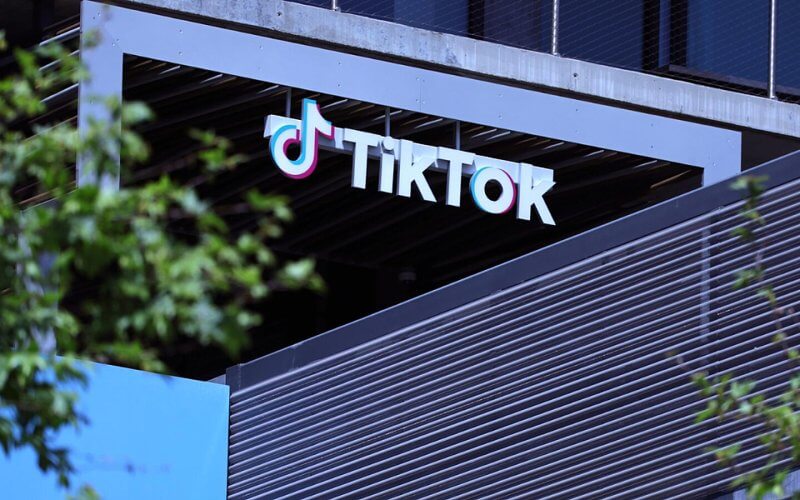The United States Department of Justice has accused the popular social network TikTok of implementing a search system that allowed its employees to collect information on sensitive topics for American society, such as abortion, religion and gun control.
These accusations, presented in court documents on Friday night before a federal appeals court in Washington, have intensified tensions between the United States and TikTok's parent company, China's ByteDance.
According to the Justice Department, both TikTok and ByteDance used an internal communications system called Lark, designed to facilitate contact between TikTok employees in the U.S. and ByteDance engineers in China.
This system, they allege, was used to send sensitive data of American users to China, where the information was stored on servers controlled by ByteDance.
What these documents do not clarify is what happened to that information once it reached the Chinese servers, leaving open the possibility of misuse of this data.
These revelations come against the backdrop of a legal challenge brought by TikTok and ByteDance against a law passed in April, forcing ByteDance to sell TikTok or face being banned in the U.S.
The regulations, which had bipartisan support in Congress, give ByteDance a period of nine months to find an investor from a country that is not considered an “adversary” by Washington.
If they cannot comply with this requirement, TikTok would have to cease its operations in the United States. The law also allows the president to extend this deadline for an additional 90 days, which would give TikTok a total of one year to reorganize its ownership.
The fear among lawmakers and Biden administration officials lies in the possibility that China will use American user information collected by ByteDance to manipulate public opinion by altering the content displayed on the app.
In response to these accusations, TikTok has claimed to be committed to protecting its users' data and has argued that a ban on the social network would violate the right to freedom of expression, protected by the First Amendment of the US Constitution.
In a statement published this Saturday on X (formerly Twitter), TikTok insisted that banning its platform would be equivalent to “silence” the 170 million users who use the application in the United States.
Technology and privacy experts have raised concerns about the extent of TikTok's data collection practices and the potential risk to national security.
Related Story: U.S. House of Representatives Approves Bill Forcing TikTok to Sale Amid National Security Concerns









